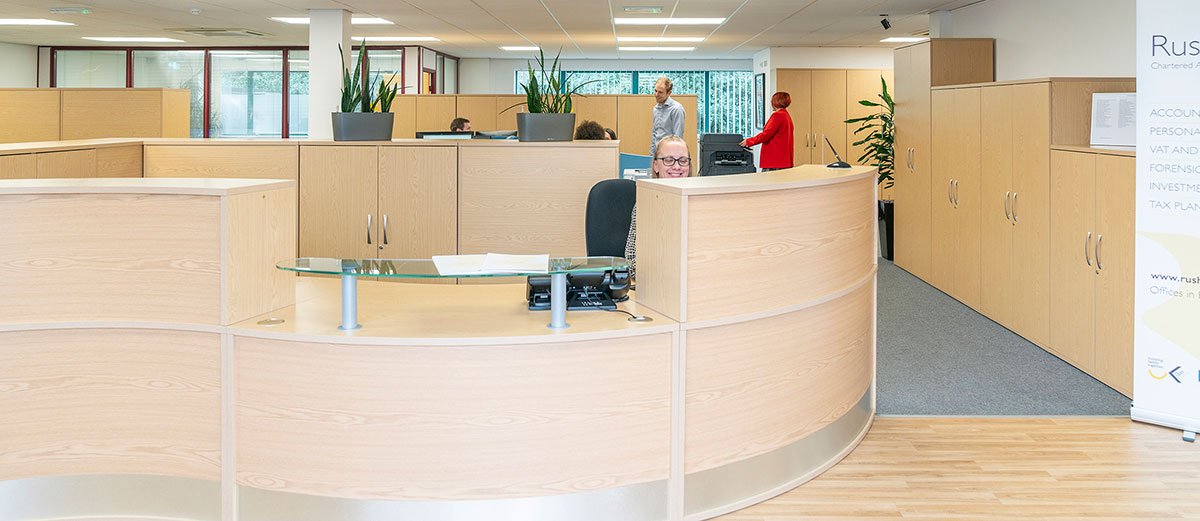
Starbucks is asking its corporate teams to return to the office four days a week – or take a one-off payment to leave. From October, staff in the US and Canada will be expected in the office Monday to Thursday, up from three days.
CEO Brian Niccol says the move is part of a broader effort to revive performance, arguing that in-person collaboration is key to rebuilding culture and momentum.
This mirrors recent changes at Amazon, JP Morgan and others. In the US, around one-third of remote-capable workers are now fully office-based, with roughly 45% in hybrid roles.
What does this mean for UK employers?
Hybrid working remains widespread, but there are signs some businesses are re-evaluating how flexible they want to be. If you're considering a policy refresh, here are a few practical points:
- Assess business needs – Growth and change often benefit from more in-person interaction. Stability may allow more flexibility.
- Be clear and consistent – Set expectations that your team understands and can work to.
- Focus on outcomes – If remote workers are delivering results, avoid changes without a clear business case.
- Listen to your team – The right balance may shift over time; communication remains key.
- Flexibility still attracts talent – In a competitive labour market, hybrid working continues to be a valuable incentive.
Starbucks' approach won't suit every organisation, but it's a reminder to review whether your current model still meets your business goals.
Full story via the BBC: https://www.bbc.co.uk/news/articles/ce9xpdvgv8vo